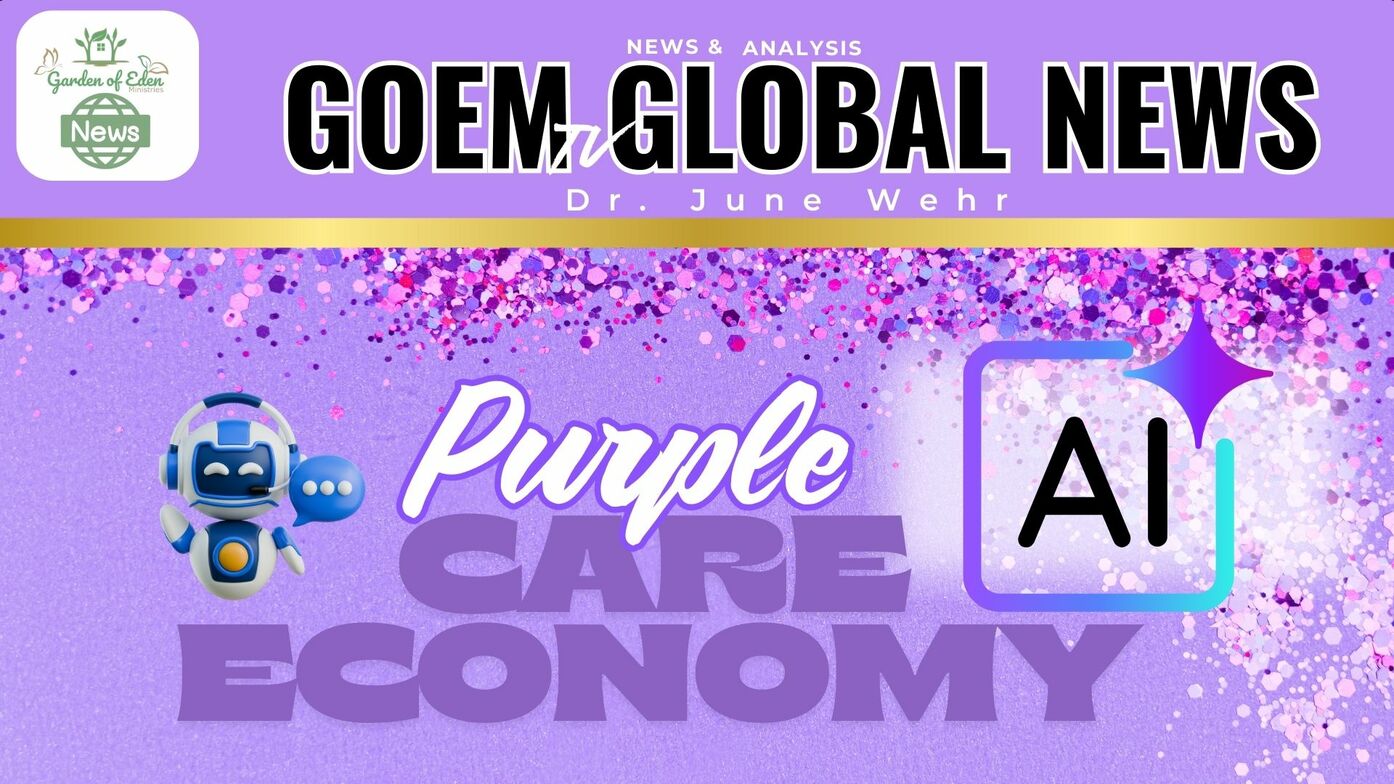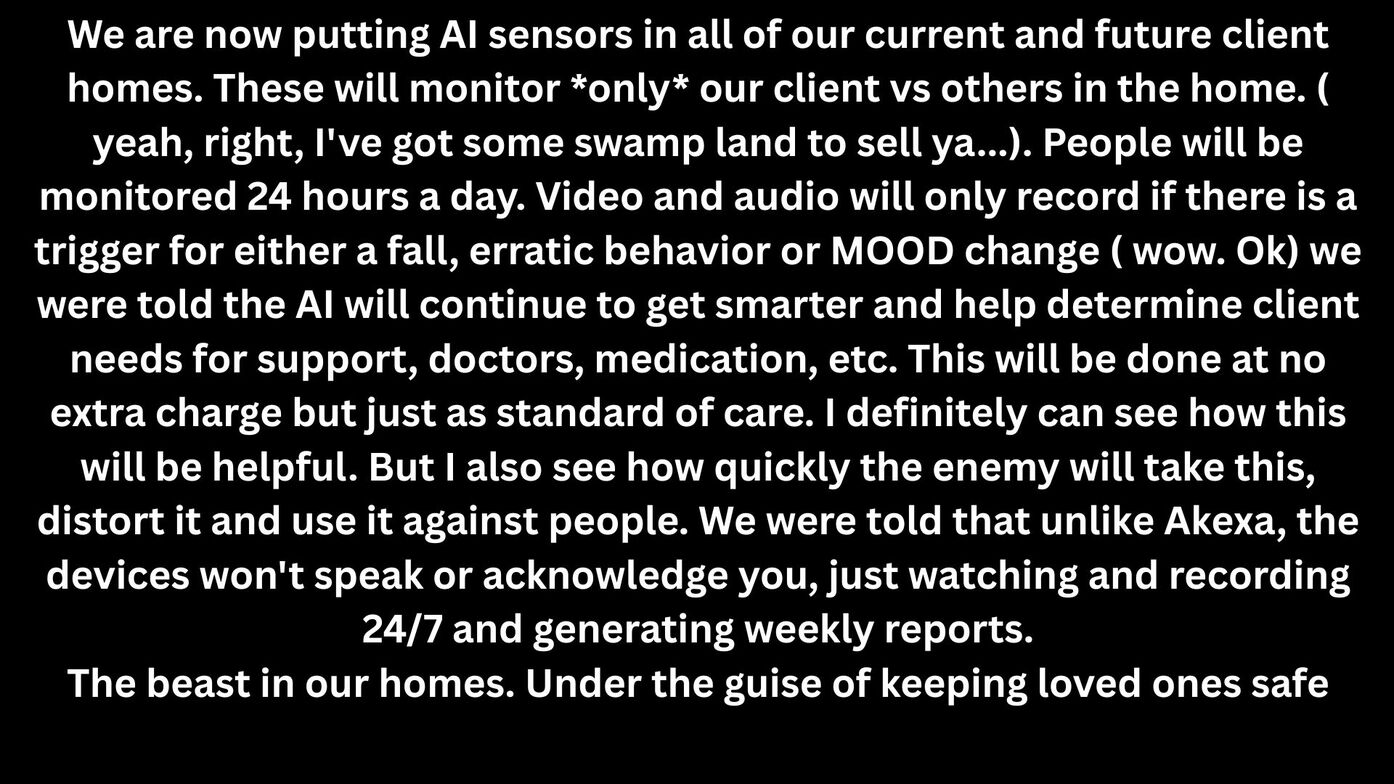NEWS SOURCES
US DEBT CLOCK & GOLDEN AGE WEALTH
The old way it used to look (2024) -
GIDEON AI SPY ON INTERNET
Remember when I've been warning you guys to quit putting your opinions on the internet, etc.....also remember when God told us last year in September to get off the metaverse?
Gideon AI: Monitoring Free Speech Around the Clock
In Hebrew, the name Gideon is written as גִּדְעוֹן (Gid'on) and means "feller," "hewer," or "cutter down". The name comes from the Hebrew verb gada (גָּדַע), which means "to cut off" or "to fell".
Breakdown of the name:
- גִּדְעוֹן (Gid'on): is the proper name for Gideon in Hebrew.
- It is derived from the root word גָּדַע (gada'), meaning "to cut down" or "hewed".
Meaning and significance:
-
The name Gideon is often associated with strength and the idea of a warrior or someone who fells or cuts down adversaries.
-
This meaning reflects the biblical figure of Gideon, a military leader and judge who saved Israel from the Midianites
FIRES IN STATE OF WASHINGTON
Level 3 (Go Now!) evacuations in place for two fires burning south of Northport
2 firefighters battling Washington state wildfire arrested by Border Patrol
WATCH VIDEO W/DR. JUNE KNIGHT-WEHR'S ANALYSIS
Ministries
News











